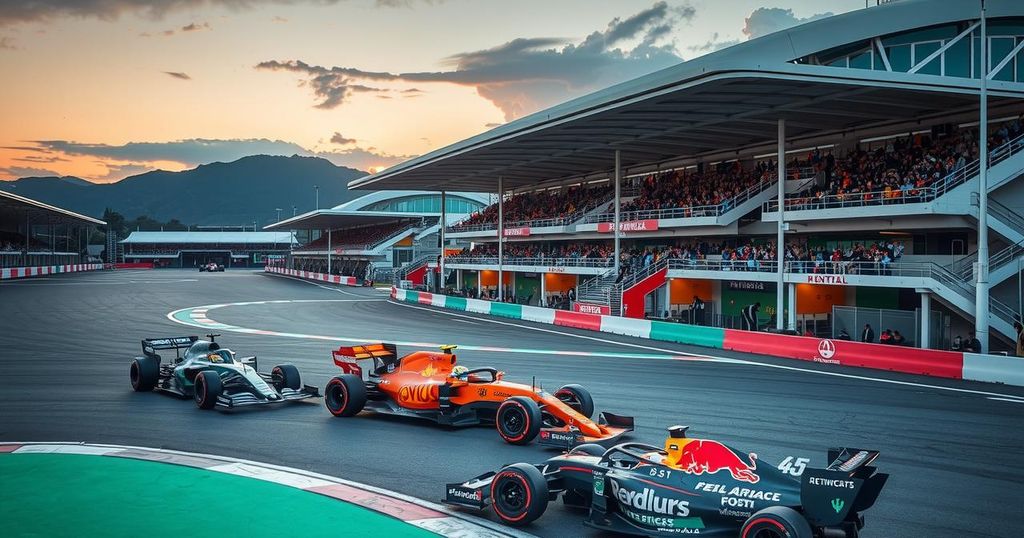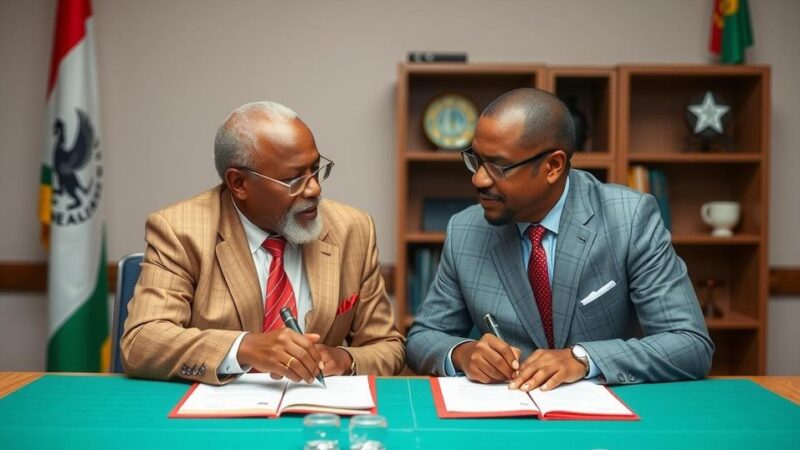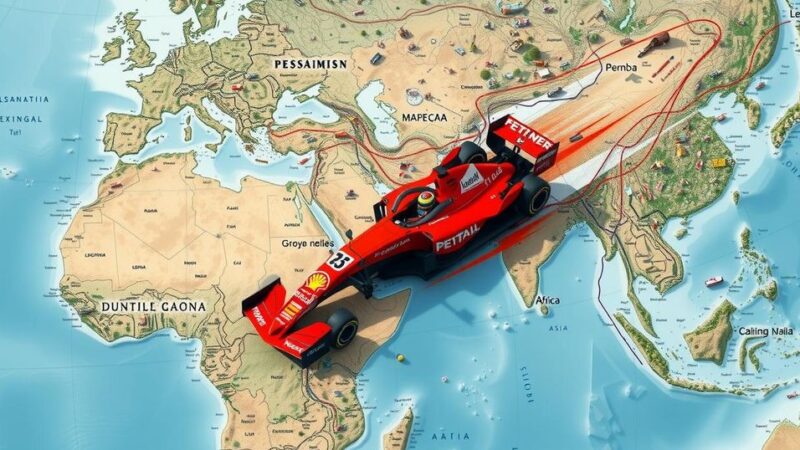The article criticizes the ongoing attempts by Rwanda, South Africa, and Thailand to host Formula 1 Grand Prix races, arguing that the focus should be on pressing socioeconomic challenges rather than luxury events. It highlights issues such as funding, community priorities, and the potential financial burdens of hosting international races in economically disadvantaged countries.
The pursuit of hosting a Formula 1 Grand Prix in countries such as Rwanda, South Africa, and Thailand raises significant ethical and economical concerns. These nations largely face dire social and economic challenges that ought to take precedence over the quest for a premier motorsport event. Recent comments by South Africa’s sports minister highlighted the disparity between Africa’s numerous nations and the absence of any Grand Prix, emphasizing a desire to rectify this situation, yet with insufficient funding previously encountered.
The undertaking to secure funding for a Formula 1 event in South Africa has repeatedly proven to be a challenge, with previous attempts highlighting the inability to assure that necessary financial resources are available. Moreover, the potential reliance on public funds to host such an event contrasts sharply with pressing community needs such as reliable utilities and adequate nourishment, which far outweigh the glamour of motorsports.
The aspiration to attract tourism through grand racing events is a common governmental strategy in these nations; however, historical precedents indicate that such events can accrue costs that exceed the anticipated economic benefits. A compelling example is the Malaysian Grand Prix, which underscored that hosting prestigious races may often lead to financial losses rather than the influx of international tourists envisioned.
In examining the appropriateness of Formula 1 in regions with little motorsport history, it must be questioned whether there is a genuine desire for such events from the local populace. Outside of South Africa’s historical context in the sport, the other candidate countries lack significant motorsport legacy, thus raising further doubts about the viability of integrating Formula 1 into their sporting calendars.
Finally, if Formula 1 and the Federation Internationale de l’Automobile are genuinely committed to expanding their reach into socioeconomically disadvantaged regions, a model devoid of costly fees and exorbitant ticket prices would be crucial. Implementing affordable entry for local communities and investing in grassroots motorsport initiatives would convey a more thoughtful approach to integrating the sport into these regions, fostering genuine interest and support while prioritizing community development over extravagant expenditures.
The article addresses the ongoing efforts by countries such as Rwanda, South Africa, and Thailand to secure a Formula 1 Grand Prix. It critiques the motivations of these nations amid their pressing socioeconomic issues, such as widespread poverty and inadequate basic services. The context underlines the historical lack of Formula 1 presence in Africa and examines the implications of hosting such events, particularly focusing on the ethical considerations and financial viability surrounding these ambitions.
In conclusion, while the ambition to host a Formula 1 Grand Prix is evident in nations like Rwanda, South Africa, and Thailand, the associated socioeconomic realities must guide these aspirations. The potential reliance on public funds to finance elite motorsport events raises ethical questions regarding resource allocation, especially when fundamental community needs remain unmet. For F1 to engage meaningfully in these regions, a departure from traditional financial models towards community-focused initiatives would not only enhance local support but also contribute to the development of motorsport at the grassroots level.
Original Source: www.gpblog.com







